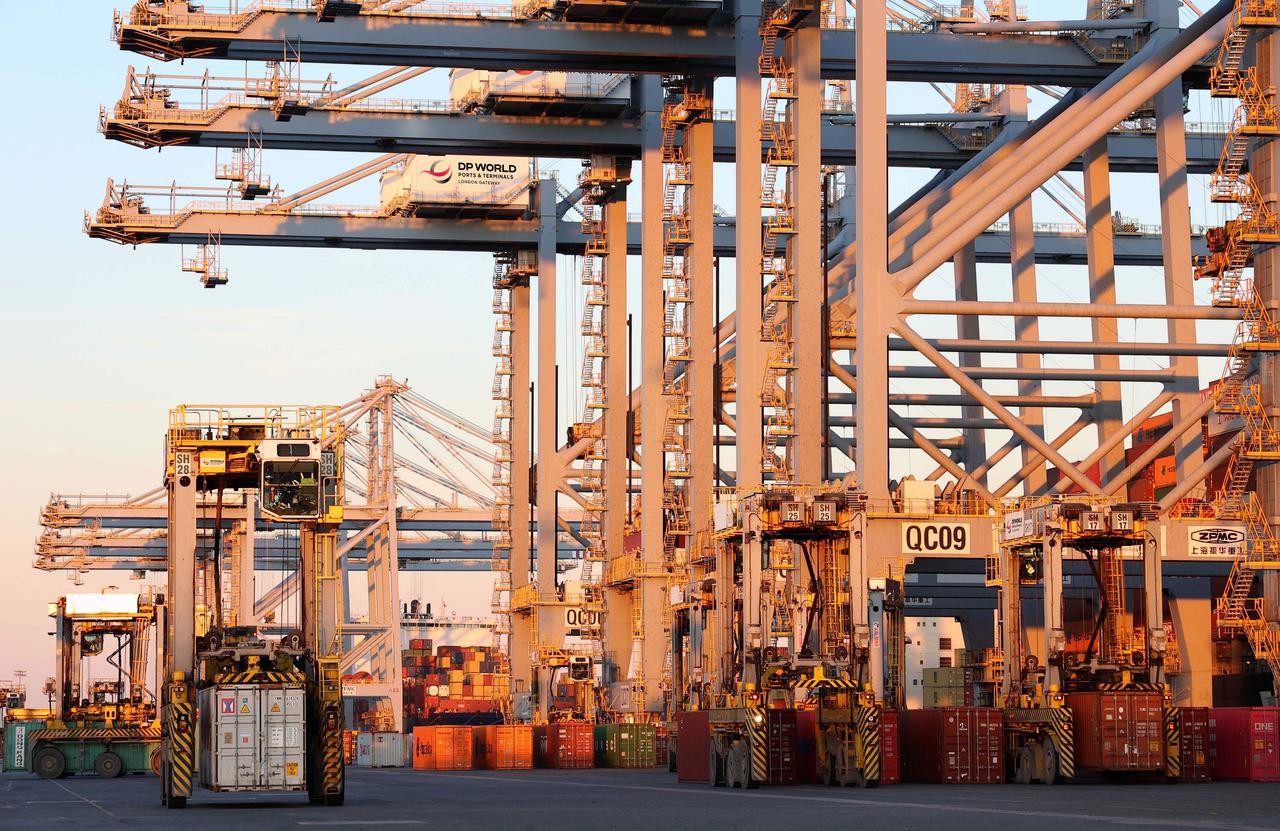Photo: Shutterstock/Igor Karasi
 By Jonathan Saul
By Jonathan Saul
LONDON, Nov 9 (Reuters) – The market for hedging oil tanker freight has revived sharply this year to a value of $4.5 billion after years of torpor, with ship owners looking to profit from a freight rally and more energy companies scramble to cover risk, industry sources say.
Cheap oil bargain hunters after the price drop and refineries, which have been operating at unusually high levels to meet rising demand, have helped tanker markets experience their best earnings in years after a long period of losses.
Rates for crude supertankers have soared in recent weeks to over $100,000 a day – their highest since 2008.
In tandem, tanker freight forward agreements (FFAs), which allow a buyer to take a position on where freight rates will stand at a point in the future, have seen a surge in activity.
“A lot of oil majors are under a lot of pressure,” said Jay Lovell, chair of the FFA tanker brokers’ association.
“They have to be seen hedging any kind of assets that they have … that is why you are seeing a lot more driven volumes coming through from oil majors these days,” said Lovell, head of tanker FFA trading with leading broker Braemar ACM.
In the year to date, the value of the FFA tanker market – which includes both crude and oil products segments – reached over $4.5 billion, versus $3.2 billion for 2014 and $3.2 billion in 2013, according to market estimates.
Oil majors including BP, Phillips 66 and Statoil plus trade houses Glencore, Trafigura, Vitol and Gunvor are active in tanker FFAs.
Traded volumes for crude tanker FFAs have doubled to 106,660 lots in the year to date from 51,257 lots in 2014 and 35,990 lots in 2013. Products tanker FFAs reached 132,761 lots so far this year versus 129,899 last year and 143,094 lots in 2013, Baltic Exchange data showed. The Baltic acts as a benchmark for the FFA tanker market.
Lovell said in the past six months, 20 new participants had joined the FFA tanker market – some returning after being absent for years due to slower activity at that time.
Lower oil prices have meant marine bunker fuel costs, that make up a large part of a ship’s expenses, have dropped. That helps bottom lines and also adds to more speculative activity, brokers said.
Glenn Huniche, FFA trader with Maersk Tankers and chair of the advisory FFA tanker users’ group, said investments in shipping by private equity houses and hedge funds in recent years were adding to the flows, while tanker owners were also taking more punts.
“That is something that is going to be game changing in the years to come,” Huniche said, ahead of the annual FFA tanker forum in London this week.
“With the upturn, conventional (tanker) owners are coming back with money in their pockets – and that can be used in instruments like this.” (Editing by William Hardy)
(c) Copyright Thomson Reuters 2015.

 Join The Club
Join The Club











